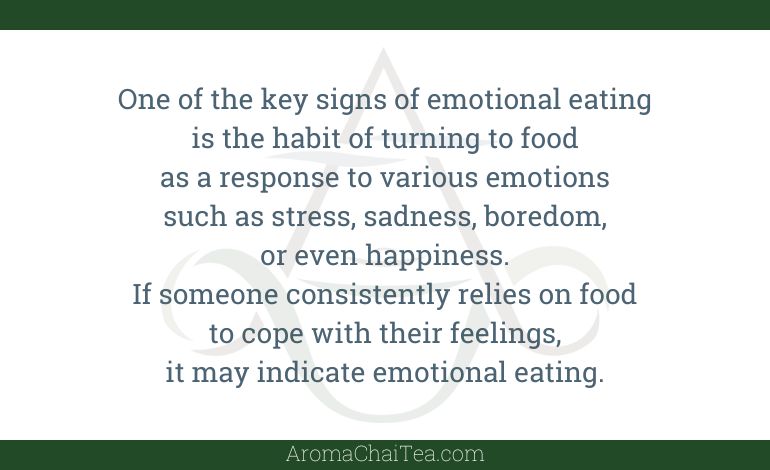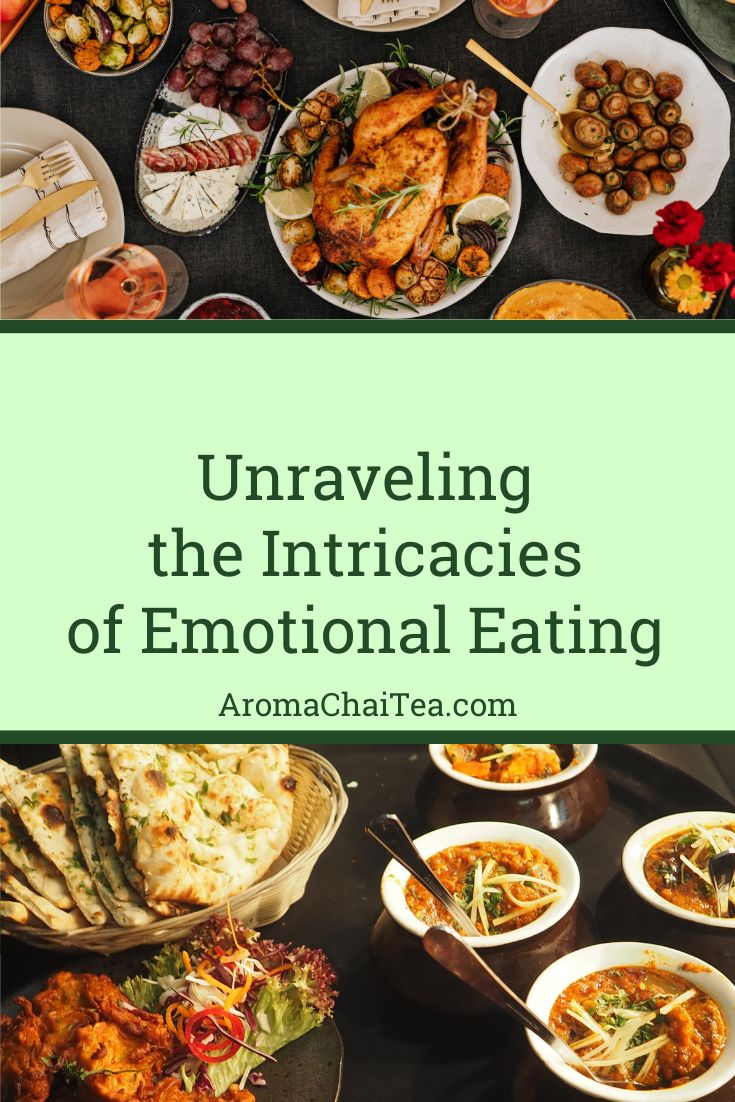
In the dynamic tapestry of modern life, our relationship with food extends far beyond its fundamental role as sustenance. Emotional eating, a widespread phenomenon, involves seeking solace and comfort in food as a response to various emotional challenges. In this post we will embark on a profound exploration of the multifaceted layers of emotional eating, offering insightful perspectives, comprehensive understanding, and practical strategies to conquer this prevalent struggle.

.
The Allure of Comfort Food: Food is not just a source of nourishment; it is an emotional anchor. The irresistible pull of comfort foods during times of stress, sadness, or joy is a testament to the powerful connection between our emotions and what we eat. Unraveling the psychology behind this association is the first step in understanding emotional eating.
Unmasking Emotional Triggers: Recognizing emotional triggers is pivotal to understanding and addressing emotional eating patterns. Stress, boredom, loneliness, and even happiness can act as catalysts, prompting individuals to seek comfort in food. Maintaining a detailed food and emotion journal becomes a valuable tool in identifying specific triggers and unraveling patterns that contribute to emotional eating behaviors.
Embracing Mindful Eating: Mindful eating emerges as a powerful strategy to counter emotional eating tendencies. By cultivating a heightened awareness of the sensory aspects of eating—savoring each bite, acknowledging hunger and fullness cues—individuals can foster a more intentional and conscious relationship with food. This practice helps reduce the automatic response of turning to food as a coping mechanism during emotional upheavals.
Exploring Alternative Coping Mechanisms: Breaking the cycle of emotional eating involves diversifying coping mechanisms beyond the realm of food. Engaging in activities such as regular exercise, mindfulness meditation, or sharing emotions with a trusted friend provides healthier outlets for emotional expression. The pursuit of hobbies and activities that bring genuine joy and fulfillment becomes a cornerstone in redirecting the impulse to use food as the default coping mechanism.
Prioritizing Nutrient-Dense Choices: Shifting the focus from emotional eating to nourishing the body involves prioritizing a balanced and varied diet. Opting for nutrient-dense foods supports both physical and emotional well-being, fostering a sense of empowerment over one's relationship with food. Viewing food as a means of fueling and nourishing the body, rather than seeking comfort, lays the foundation for a healthier approach to eating.
Seeking Professional Guidance: For those grappling with significant impacts on their lives due to emotional eating, seeking professional support becomes imperative. Registered dietitians, therapists, or counselors can provide personalized strategies and support tailored to individual needs. Addressing the root causes of emotional eating through therapeutic interventions can be instrumental in cultivating a sustainable and healthy relationship with food.
If you want to explore and improve your relationship with food, try out my Weight Loss 15-Day Holistic Transformation Workbook. It is an interactive mind-resetting guide designed to transform your approach to weight loss one day at a time.
.
Emotional eating, a complex and pervasive challenge, is navigable with a combination of self-awareness, intentional practices, and professional guidance. By unraveling emotional triggers, embracing mindful eating, exploring alternative coping mechanisms, and prioritizing a nourishing relationship with food, individuals can embark on a transformative journey toward breaking free from the cycle of emotional eating. This multifaceted approach empowers individuals to forge a path towards a balanced, fulfilling, and healthier life.
Eating in Response to Emotions: One of the key signs of emotional eating is the habit of turning to food as a response to various emotions such as stress, sadness, boredom, or even happiness. If someone consistently relies on food to cope with their feelings, it may indicate emotional eating.
Mindless Eating: Emotional eaters often engage in mindless eating, where they consume food without being fully aware of what or how much they are eating. This lack of awareness can lead to overeating, as the focus is on using food as a distraction or comfort rather than enjoying a mindful eating experience.
Craving Specific Comfort Foods: Emotional eaters tend to have specific cravings for comfort foods, which are often high in sugar, fat, or salt. These cravings are driven by the desire for the emotional satisfaction that comes with consuming familiar and comforting foods during times of distress.
Eating When Not Hungry: Eating when not physically hungry is a common sign of emotional eating. Emotional eaters may find themselves reaching for snacks or meals even when their body doesn't require nourishment. This behavior is linked to the emotional need for comfort or distraction rather than responding to genuine hunger cues.
Guilt and Regret After Eating: Emotional eaters often experience feelings of guilt, regret, or shame after consuming a large quantity of food in response to emotions. This post-eating emotional response can create a cycle of negative emotions, contributing to the ongoing pattern of seeking solace in food.
It's important to note that everyone may exhibit some of these behaviors occasionally, but when these signs become persistent and significantly impact one's relationship with food, it may be indicative of emotional eating. If someone recognizes these signs in themselves or others, seeking support from a healthcare professional, therapist, or registered dietitian can be a valuable step towards understanding and addressing emotional eating habits.
